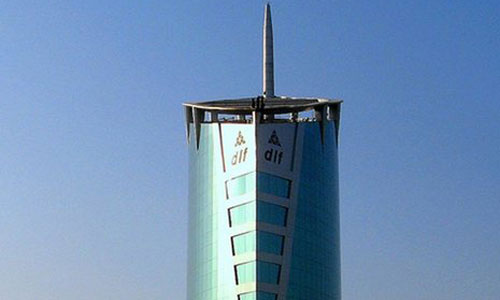
DLF plans to reduce debt to Rs. 13,000 crore
Track2Realty: DLF plans to reduce its debt from 22,700 crore to 18,000 crore by March, by selling non-core assets as well as stake in the company.

Track2Realty: DLF plans to reduce its debt from 22,700 crore to 18,000 crore by March, by selling non-core assets as well as stake in the company.
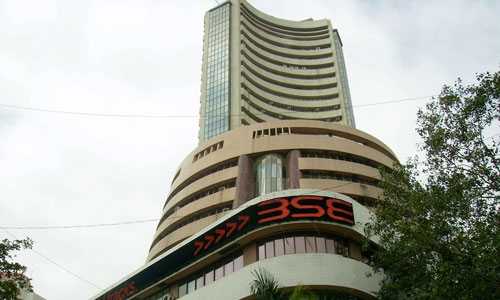
Track2Realty-Agencies: Reliance Portfolio Management Services, a part of the Anil Dhirubhai Ambani Group-owned Reliance Capital, plans to launch its maiden realty-focused fund by end-2012, with commitments of Rs 1,000 crore.
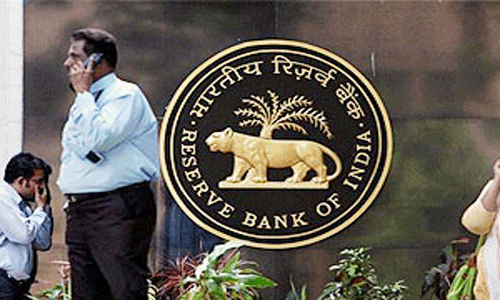
Sending positive signs from easing the cash crunch for the realty sector, Secretary for Financial Services D K Mittal on Monday, Sep 17, asked the commercial banks to focus on funding partially completed projects on a priority basis and development of projects in small towns.
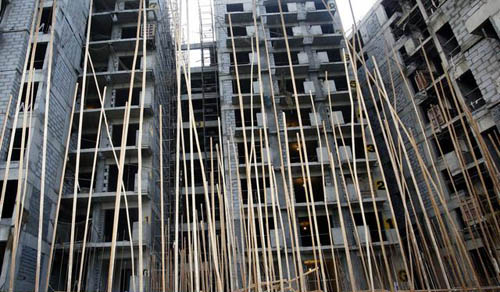
Price rationalisation has always been a tricky issue in real estate business where demand and supply dynamics drive the market more than any other parameter. The fact that real estate is not a perishable commodity and mostly a business of deep pockets, holding of inventory many a time makes more sense than hard sell keeping in mind the pipeline visibility.
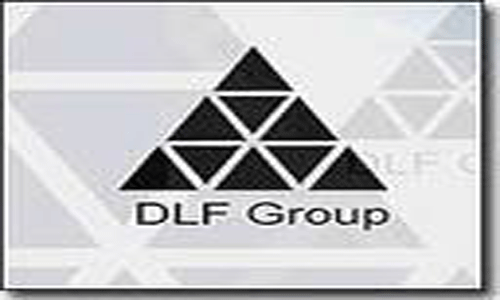
DLF on Tuesday, Aug 7, said it expects to close sale of three non-core assets, which will help pare its debt by about 5,000 crore, by the end of the current fiscal.

Shares in DLF, India’s biggest real estate developer, traded higher in-line with the broader BSE realty index Tuesday, Aug 7, morning. At 11 a.m., the stock traded 1.3 per cent higher at Rs 214 on the BSE. The shares, up 15.4 per cent this year, are lagging a near-21 percent gain in the real estate index.

Despite buyers’ expectations of a likely fall in city property prices, this possibility seems limited as developers continue to hold on to their prices across sub-markets on the back of the DCR amendment. This policy, along with the increase in construction costs, has led to greater pressure on developers’ margins. Post the new DCR, the saleable areas are expected to reduce and carpet areas are likely to increase. It is interesting to note that while there have, in fact, been marginal price increases across many projects in MMR, registration data reflects that absorption levels have also increased.
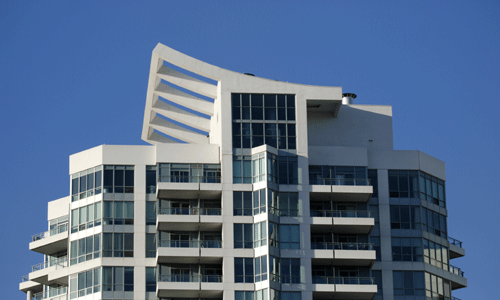
Red Fort Capital Advisors, a real estate private equity fund that manages more than $1 billion of Indian assets, plans to raise $500 million next year to invest in homes and offices in Asia’s third-largest economy.

Beyond what is happening in the strategic board room meetings of realty companies, market is cautiously optimistic that with the inventories piling up, developers will sooner or later be forced to blink. A look at the recent developments in the sector does indicate that prices can come down, but it all depends on the builders holding power.

Growth in the property business in Asia Pacific this year will be driven by many countries and not just China as in the recent past, according to DTZ survey. The region’s solid performance will be supported by strong growth in the use of equity for investment as opposed to debt, intra-regional investment, and increasing willingness of banks to lend, the company says in its research report Money into Property 2012.
